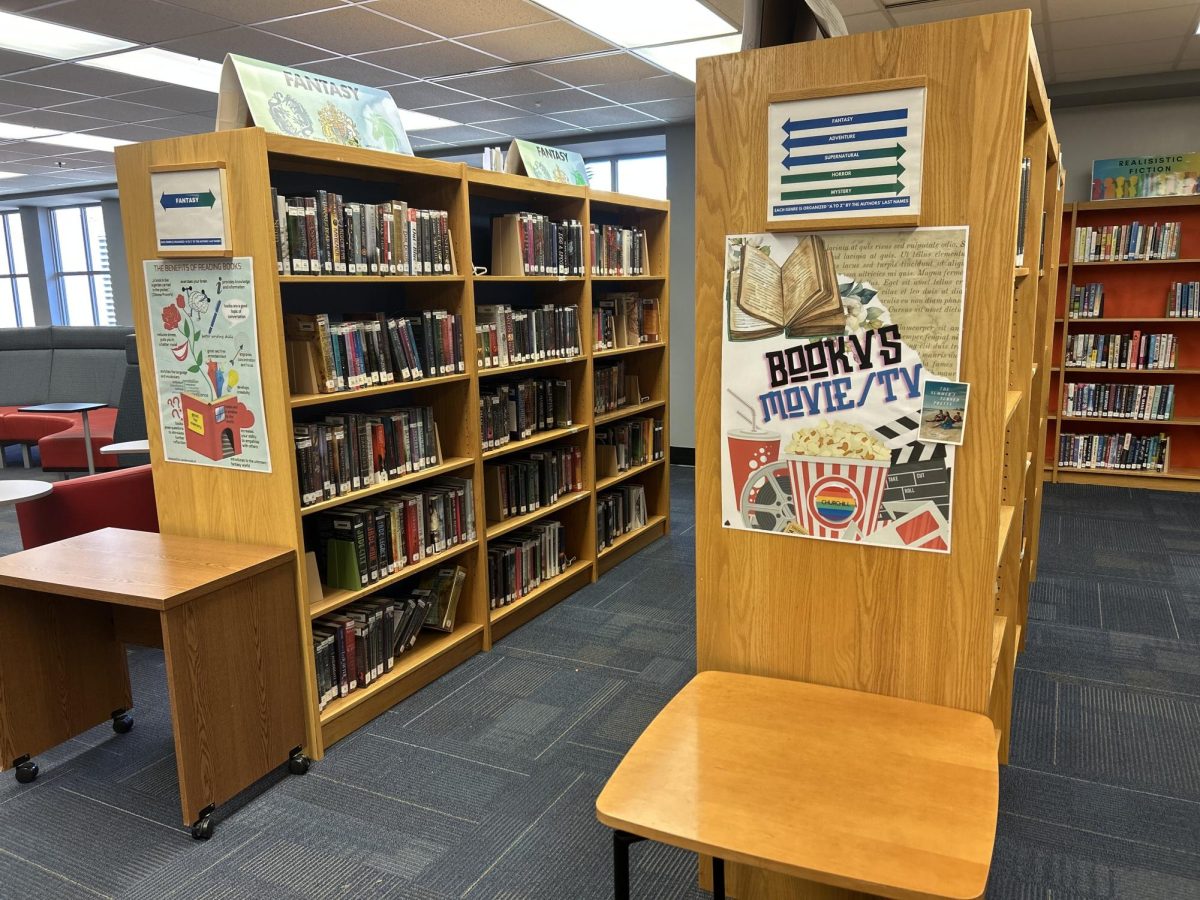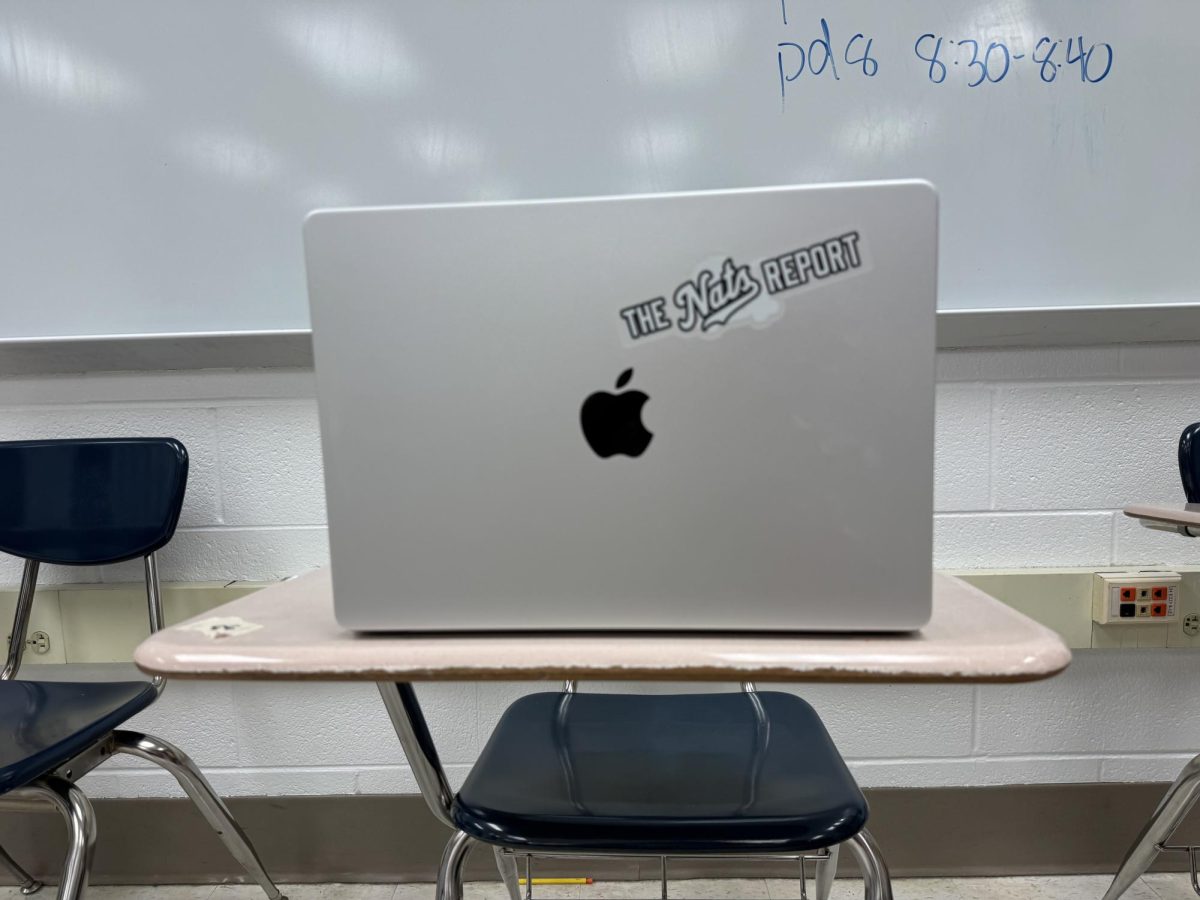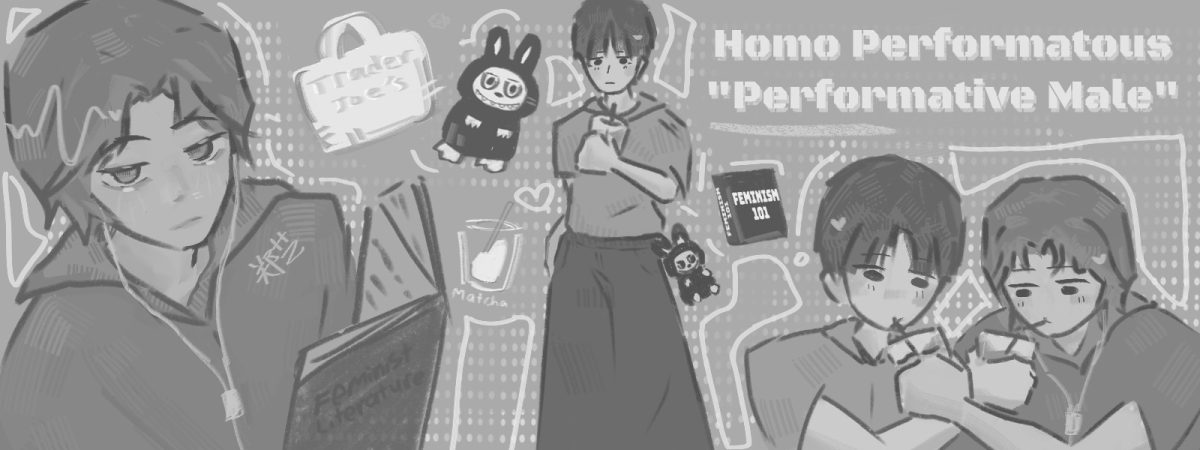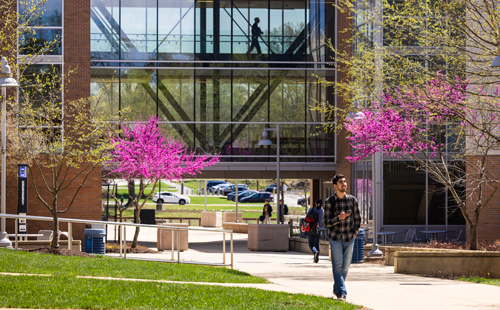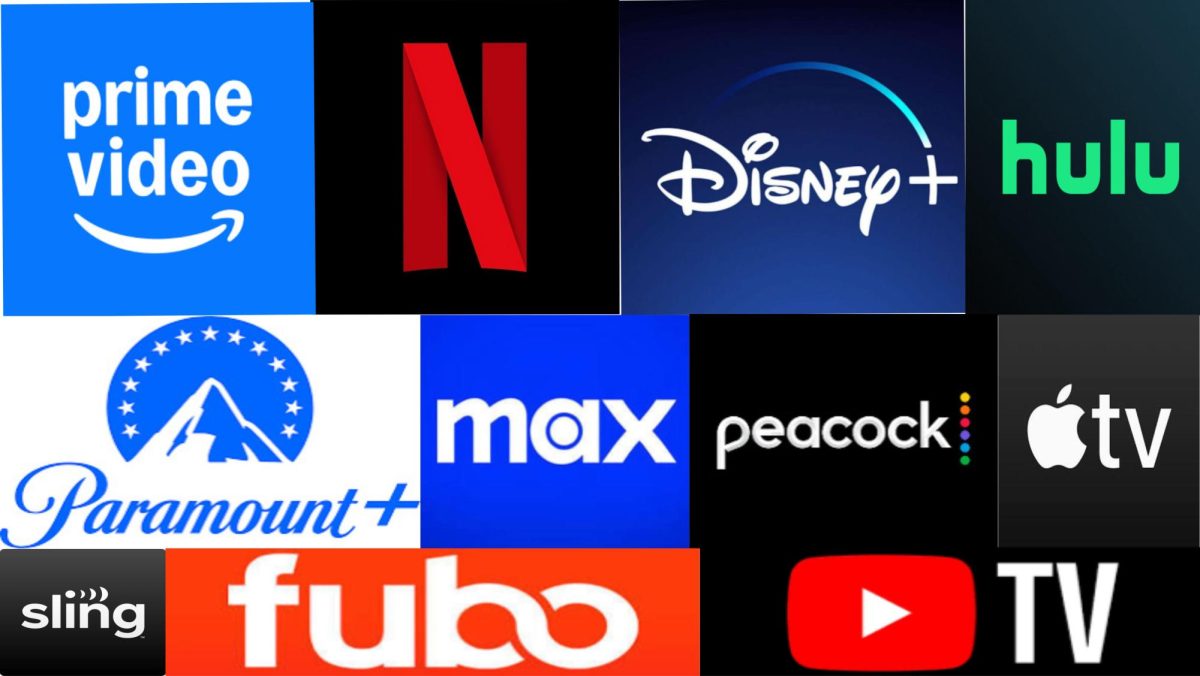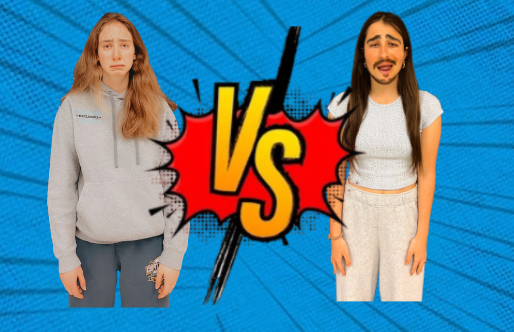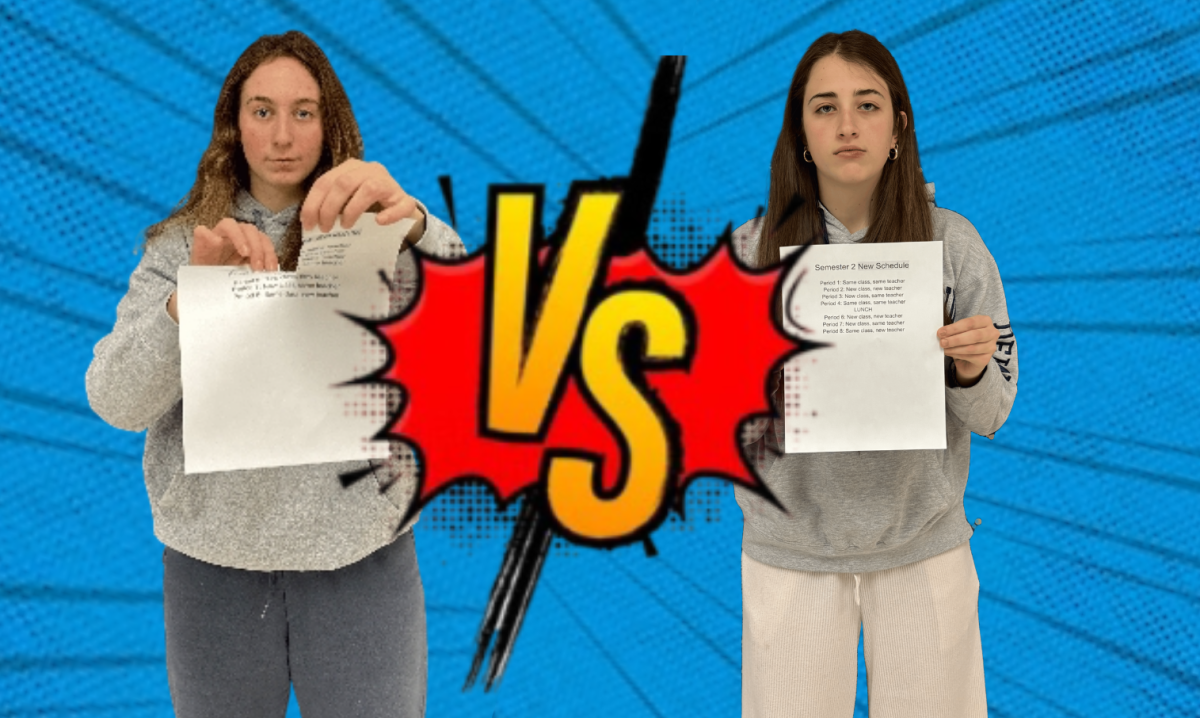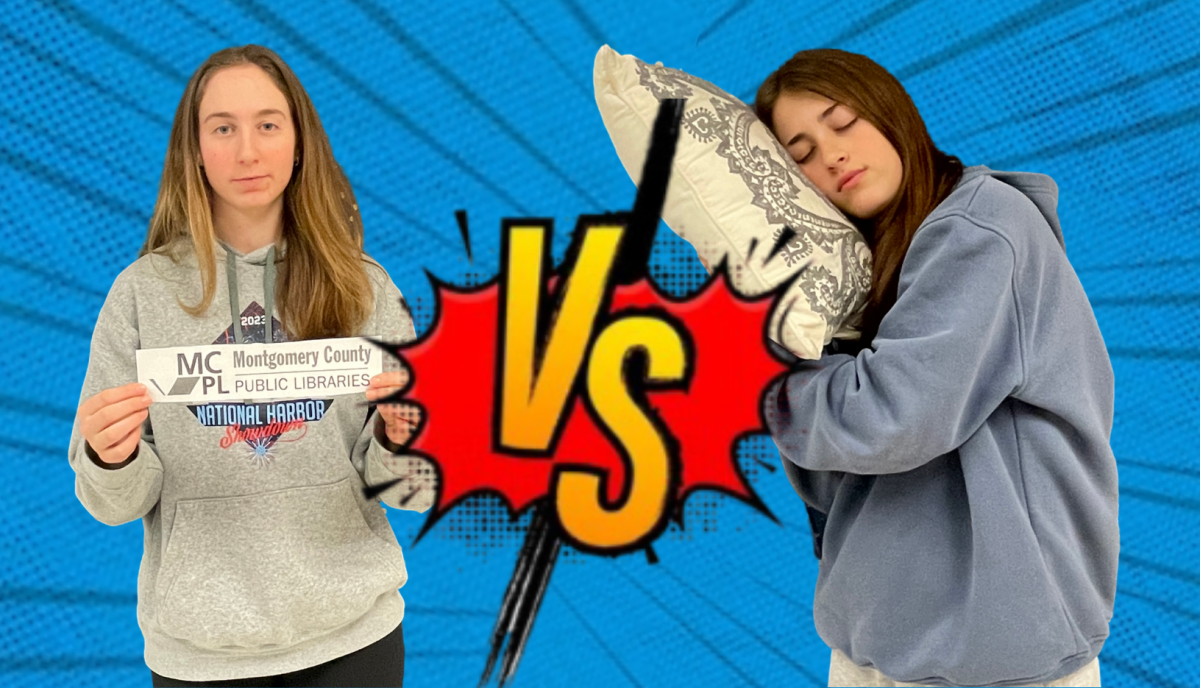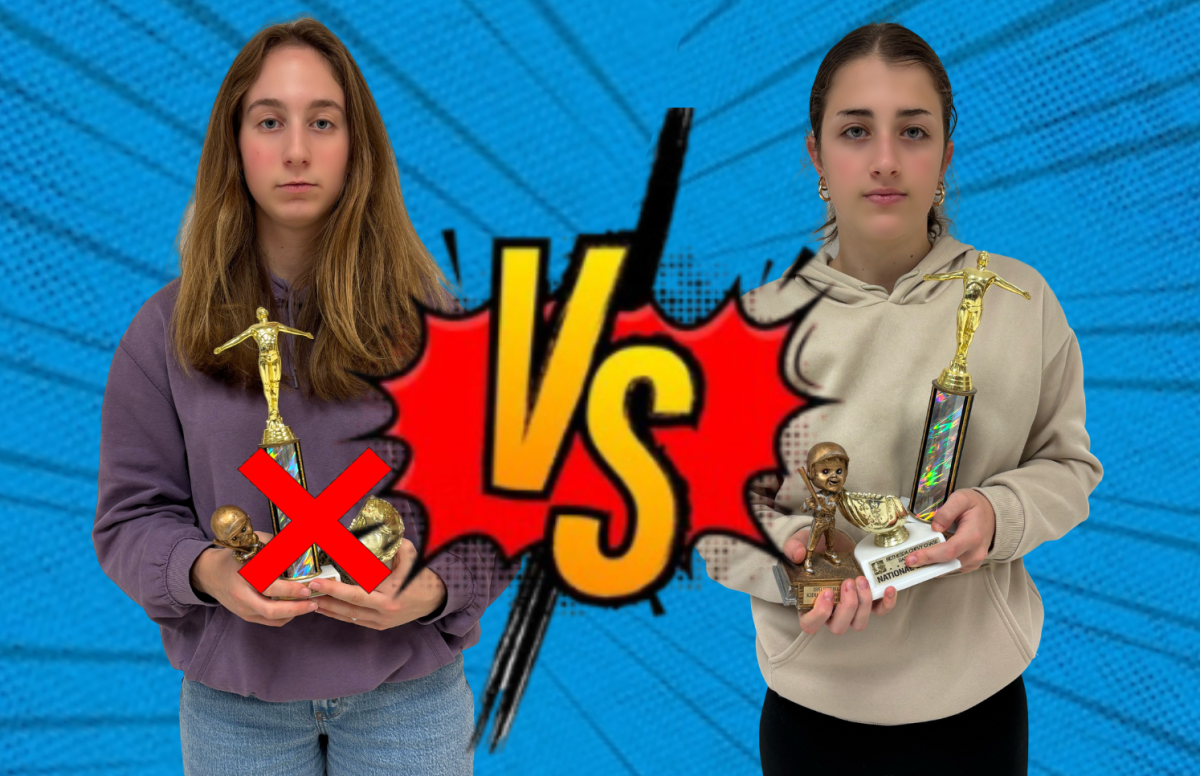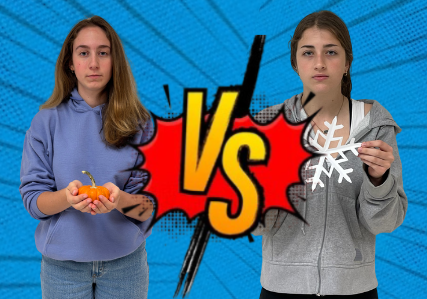It’s rare that an event from the news draws widespread attention from high school students, which makes it all the more striking that the assassination of a political operative with views so different from the majority of people in this county garnered the sympathy that it did. It’s comforting that people still recognise the value of human lives, but saddening that it takes a murder to elicit that response, and further saddening that this kind of universal regard is no longer a given. The digital age has made it too easy to dehumanise others for the ideas in which they believe, and too easy to characterise other people, flesh and blood like you and I, as irredeemable monsters.
Nonetheless, this article is not another milquetoast condemnation of political violence. I have nothing to condemn that those more well-spoken haven’t condemned already. Rather, I’m pointing out that the increased number of all targeted attacks in the last few years can be directly correlated to the rise of social media, especially among young people. Never before has a generation of people grown up so socially connected yet so emotionally disconnected– the nature of faceless communication platforms encourages extremism, furthers the “tribe mentality” and exacerbates mental health issues, leading to the horrifying incidents that have made headlines recently. For every 1,000 or 10,000 people engaging on social media, there need be only one person in the wrong headspace to be driven to take a life in the name of personal conviction.
The Governor of Utah, in press briefings after the most recent killing, urged the nation to “turn down the temperature.” Though this sentiment is nice on paper, it fails to identify the root issue at hand: the temperature is fine, the problem is the thermostat. Being more selective with the words we use against each other does nothing because those words (communist, fascist, anti-American, etc.) have become etched into the social consciousness, taking meanings that they may not have held just decades ago. It should be a moment of self-reflection for us as a society when the words we used to describe a killer (deranged, radical, evil) are the same words flung across the aisle from X and Reddit to the halls of Congress every single day. Murderers and everyday Americans alike are terrible people, depending on where you’re standing.
What, then, is even the difference between killers and civilians? You’d think anyone with any kind of opinion was so evil they’d set fire to an animal shelter. So forget turning down the temperature; those hopes don’t exist anymore. The temperature is exactly where this country has meant to set it, and it’s never coming back down. Instead, reject these degrees of disgust and hatred and vitriol, because nothing will change while people still define each other by manipulated terms found online. How many more must die before we stop treating others as dangers to the nation and world for growing up differently, living life differently, loving differently, even just voting differently?
Early exposure to the digital world, with its addictive and malignant nature, has permanently damaged hundreds of thousands of young Americans, and nowhere is it more evident than the brainrot of today and the shootings of tomorrow. Social media companies like Meta and TikTok scramble to create algorithms designed to force your face into content that makes you angry and spiteful and stupid, all while lying shamelessly about how much “control” you have over the things you see. Cackling greedily while they inundate you with videos and posts about everything from cute dogs to full-throated calls to terrorism, there is nothing more isolating than these platforms making themselves your last true crutch.
The first steps to addressing our violence epidemic are for users to truly gain control over the content they see, ensure words like “Marxist” and “Nazi” are returned to their accurate definitions, and find new ways to constantly remind each other that through laughs and cries and hopes and dreams, we’re not so different after all. Tragedies like these happen too often, and we’ve gotten used to moving on too quickly. Tools designed to make socialisation easier have been warped into fueling wretched cycles of the loss of humanity causing the loss of life causing the loss of humanity. We should all be looking forward to an America where “political vitriol” is characterised as barbed policy debates and not public, premeditated slaughter.




